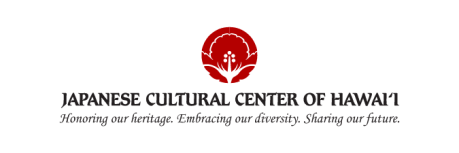Research Materials
Search our collections using the online catalog.
Materials available include:
- Books: over 5,000 books in English and Japanese.
- Primary source materials: archival collections (manuscripts, diaries, letters, etc.), oral history transcripts, and historic photos.
- Periodicals: print and digital versions of back issues of the Hawai‘i Herald newspaper.
- Vertical file materials: newspaper clippings, pamphlets, etc.
- Audiovisual materials: a large collection of old phonograph records of Japanese music that was popular among Japanese Americans in Hawaiʻi before, during, and just after World War II.
- Fragile or rare books, as well as archival documents and other primary source materials, are stored in closed stacks, with usage supervised. Researchers wanting to use these materials must complete this Researcher Registration Form once every year.
Visits to the Tokioka Heritage Resource Center are by appointment only. The Resource Center may be able to assist you in your search for relevant materials before your visit.
Legacy For Our Future Campaign
The Legacy For Our Future donor wall was recently installed in the Tokioka Heritage Resource Center. Plaques are expected to be completed soon.
Please consider making a special gift to help preserve the RC's collection of oral histories, manuscripts, and photographs that are valued resources of the community. Gifts of $5,000, $2,500, or $1,000 will be recognized with an engraved plaque on the Legacy For Our Future Donor Wall. Gifts dedicated in memory or in honor of loved ones are welcome.
Make a Donation
Frequently Asked Questions
Does the JCCH accept book or document donations?We are not currently accepting book or document donations for the JCCH archives. If you believe your item(s) are of great historical significance and directly related to our mission, please email [email protected] with a brief description and images of your item(s). |
Volunteer at the Resource Center
Would you like to learn more about the Japanese American experience in Hawaiʻi? As a Resource Center volunteer, you will utilize your knowledge and skills to perform various tasks to support the day-to-day activities. Tasks may include data entry, cataloging or inventory of materials, book collection maintenance, oral history interview transcription, scanning photos and documents, and translating.
Learn More
Phone: (808) 945-7633 ext. 42
Email: [email protected]
